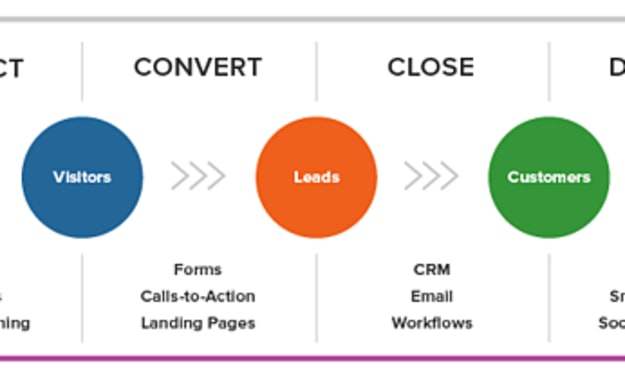5 Things Not To Do In An Interview
With the panelists impressed with your general appearance, chances are that they will consider your application with a soft spot for you.

You have been called for an interview, carefully considered the offer vis-à-vis your qualifications, rehearsed possible questions and their most appropriate answers, and prepared your resume. You are sufficiently prepared to ace that interview. But you aren’t out of the woods yet: The trickiest part of an interview is selling yourself to the interviewers’ panel on the D-day. To help you with that, we have prepared a list of 5 things you should not do during the actual interview.
Please, to present yourself accurately and positively during the interview, don’t:
1. Turn emotional
Showing negative emotions during an interview, no matter how aggrieved you could be, only gives the interviewer reasons not to hire you. Avoid sighing, being defensive, answering rudely, arguing with panelists, looking angry, frowning, or any facial expression or body language that could be interpreted as unfriendly. Some interviewers will even try to get under your skin with baseless questions and demeaning comments, but you must be patient and composed enough to keep your tone positive and calm the entire time. Smile and express your interest and qualifications for the post positively, respectfully, and appropriately.
Excessive positive emotions, on the other hand, can be off-putting. Don’t beg or act desperate for the position. Don’t smile or laugh when it is not necessary or appropriate to do so. React to compliments from the interviewers with a happy face, but do it with modesty. Bottom line: Keep your emotions in check even when you feel like the interview is going your way.
2. Get too opinionated
Unless the panelists ask for your opinion on a topic, it is in your best interests to keep all opinions to yourself. You should always understand that the panelists are there by merit. That they most likely understand the position you have applied for, and the entire industry for that matter, better than you do. Sharing with them unsolicited opinions will only waste their time and pass you as a know-it-all and condescending person. Besides, when you start dishing out irrelevant opinions, you risk getting too excited about a topic that you unknowingly start giving strong, offensive, unwelcome, and counter-productive views.
3. Exhibit dishonesty
Be truthful and honest in every claim you make. Don’t exaggerate your professional and/or academic qualifications because someone might catch you in the lie, which could really hurt your professional reputation. Ruining your reputation won’t just disqualify you for the position you are interviewing for but will also ruin your chances of feeling confident in your genuine achievements ever again. Just trust your legitimate qualifications and experience to give you an edge over other candidates.
4. Criticize your ex-employer
Your to-be employer might be curious to know why you intend to quit (or you already quit) on your previous employer(s). It is okay to explain that your career aspirations and your former employers’ business goals weren’t in tandem, but it is wrong to paint them in a bad light. The interviewer won’t risk hiring someone who might bad-mouth them if things don’t work out for them. It is safe to praise your former colleagues, bosses, and employers even as you state how you need a new challenge for your personal and professional growth. Let your to-be employer see that you take pride in what you helped your former employer accomplish, and that you take responsibility for outcomes that might not have been too impressive from your former employers’ perspective.
5. Act distracted
Being distracted portrays you as unorganized, untrustworthy, and unconfident. You seem disconnected or uninterested in the interview. That is why you must maintain eye contact with the panelists at all times. Do not check your watch or phone. In fact, it is best that you switch the phone off to avoid unwanted interruptions. While at it, as long and boring as the interview could be, try to be actively involved and not to appear bored. Take notes where possible and nod your head to show the interviewers that you are still interested in the conversation. The risk of following the proceedings quietly and passively is that you might find yourself yawning or dozing off without knowing it, which could frustrate your interviewers.
Conclusion
There you have it! With the panelists impressed with your general appearance, chances are that they will consider your application with a soft spot for you. If you can, please familiarize yourself with these don’ts by conducting a mock interview before the main one.






Comments
There are no comments for this story
Be the first to respond and start the conversation.